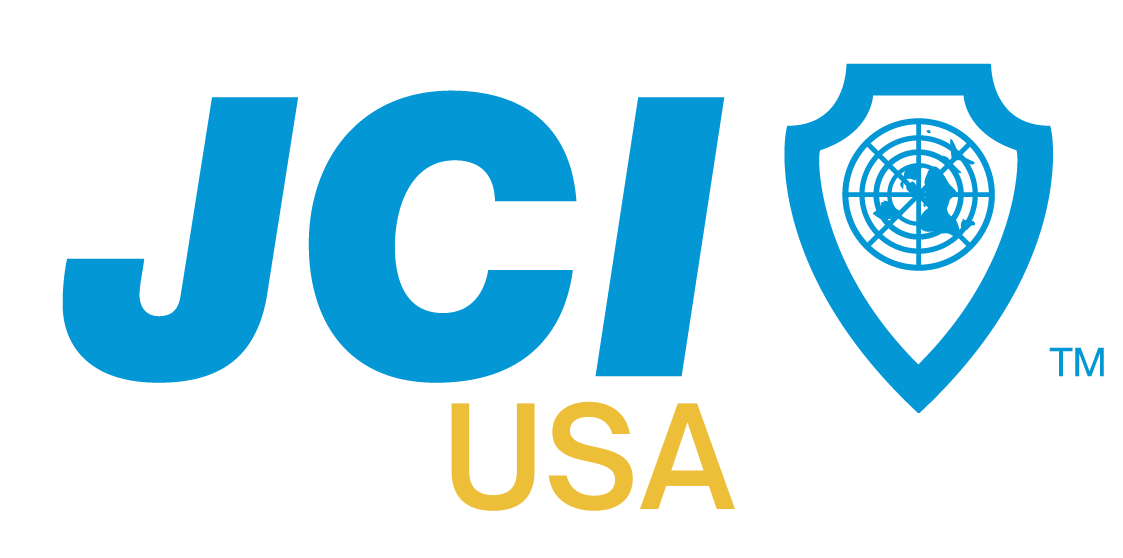By Catie McNew
In the vibrant landscape of leadership and community service organizations, few entities rival the impact and reach of JCI USA. As a part of Junior Chamber International (JCI), JCI USA stands as a beacon for young leaders, offering opportunities for personal growth, community engagement, and professional development. At the core of its operations lie two fundamental pillars: relationship building and time management. These elements are not just complementary but essential for the organization’s success and its ability to make a meaningful difference in communities across the United States.
The Essence of Relationship Building
Relationship building forms the bedrock upon which JCI USA thrives and excels. Here’s why it’s indispensable:
- Fostering Collaboration: Within JCI USA, local chapters and members collaborate on diverse projects and initiatives. Strong relationships cultivate a sense of unity, ensuring seamless teamwork and shared achievements.
- Member Engagement: Active participation and sustained engagement are crucial for the vitality of any organization. Building robust relationships among members enhances their commitment to JCI USA’s mission, encouraging them to contribute actively and take on leadership roles.
- Networking and Mentorship: JCI USA provides a fertile ground for networking among young professionals. Strong relationships forged within the organization often extend beyond local chapters, offering invaluable mentorship and career advancement opportunities.
- External Partnerships: Beyond internal dynamics, strong relationships with external stakeholders—such as community partners and sponsors—are vital. These partnerships amplify JCI USA’s impact, securing resources and support for its initiatives.
- Sustainability and Legacy: Sustainable growth hinges on enduring relationships. They create a sense of belonging and purpose, ensuring the continuity of JCI USA’s mission across generations.
Strategies for Effective Relationship Building
To cultivate meaningful relationships within JCI USA, several strategies prove effective:
- Open Communication Channels: Transparent communication fosters trust and unity among members. Regular meetings, newsletters, and digital platforms facilitate dialogue and information sharing.
- Shared Values and Goals: Emphasizing shared values and goals unites members around a common purpose, driving collaborative efforts and fostering a cohesive organizational culture.
- Recognition and Appreciation: Acknowledging members’ contributions cultivates a culture of appreciation. It reinforces positive behaviors and strengthens interpersonal bonds.
- Structured Networking Events: Organizing social gatherings, workshops, and community service activities provides opportunities for members to connect personally and professionally.
The Significance of Time Management
Effective time management is equally vital for JCI USA’s operational efficiency and impact:
- Optimizing Resources: Time management ensures efficient resource allocation, maximizing productivity and minimizing waste. It enables JCI USA to achieve more with limited resources.
- Meeting Commitments: Many of JCI USA’s initiatives—such as community projects and advocacy campaigns—are time-sensitive. Good time management ensures deadlines are met and commitments fulfilled promptly.
- Balancing Responsibilities: Members juggle professional careers, personal lives, and volunteer commitments. Effective time management helps maintain a healthy work-life-volunteer balance, reducing burnout and enhancing well-being.
- Adaptability and Resilience: Flexibility in managing time allows JCI USA to respond swiftly to opportunities and challenges. It fosters adaptability, enabling the organization to thrive in dynamic environments.
- Personal Development: Practicing good time management cultivates discipline, prioritization skills, and focus—benefiting members’ personal growth and professional development.
Strategies for Effective Time Management
Implementing strategic time management practices enhances JCI USA’s operational effectiveness:
- Prioritization: Identifying and prioritizing tasks based on importance and urgency ensures that critical activities receive due attention and resources.
- Planning and Scheduling: Developing detailed plans and schedules for meetings, projects, and events helps members stay organized and focused. Utilizing tools like calendars and project management software aids in efficient planning.
- Delegation: Delegating tasks to capable members distributes workload effectively, empowering individuals to contribute meaningfully while optimizing overall productivity.
- Monitoring and Evaluation: Tracking time spent on tasks enables members to assess efficiency and identify areas for improvement. It promotes continuous learning and refinement of time management skills.
- Adaptation and Learning: Embracing a culture of continuous improvement encourages members to adapt strategies based on feedback and changing circumstances. It fosters resilience and enhances organizational agility.
In conclusion, relationship building and time management are indispensable for JCI USA’s mission of nurturing young leaders and fostering positive change. By prioritizing these foundational elements, JCI USA strengthens internal cohesion, enhances member engagement, and amplifies its impact on communities nationwide. Cultivating strong relationships cultivates a sense of belonging and purpose, ensuring the sustainability of JCI USA’s initiatives. Meanwhile, effective time management optimizes resource utilization, meets deadlines, and supports members in achieving personal and professional goals. Together, these pillars propel JCI USA forward, empowering young leaders to create a better tomorrow through collaboration, dedication, and impactful action.
